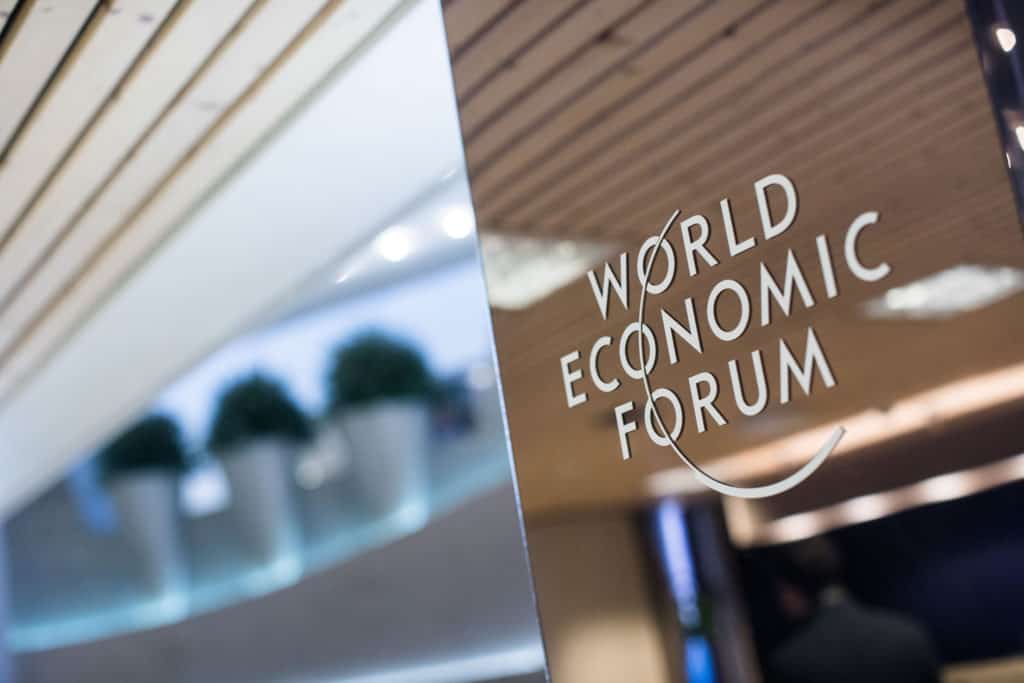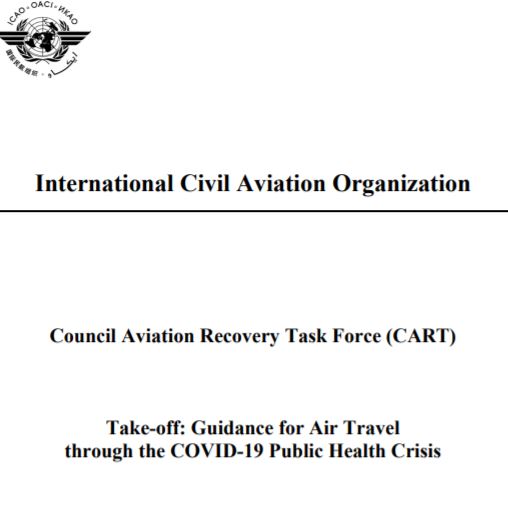ICAO Secretary General Dr. Fang Liu took part in the World Economic Forum’s Aerospace, Aviation, Travel and Tourism Industry Action Group Meeting, which was opened by Professor Klaus Schwab, WEF Founder and Executive Chairman, along with CEOs of airlines, airports, travel and tourism and senior air transport officials.

Dr. Liu joined the European Commissioner for Transport, Adina Ioana Vălean, in providing opening remarks to the meeting’s session on ‘Restoring Public Trust in Travel’.
She outlined the status of global uptake of the ICAO Council Aviation Recovery Task Force’s (CART) recommendations and guidelines, designed to help air transport respond and recover from COVID-19 on an aligned global basis, and stressed the importance of this and other aspects of ICAO’s role before, during, and after the pandemic was identified.
“ICAO responded rapidly at the very onset of COVID-19, in league with the WHO, airline and airport associations, and others, through the proprietary mechanism for pandemic health response in aviation we established after the SARS outbreak of 2003,” Dr. Liu commented. “Without these early actions and coordination, the world could have faced a much more rapid and severe spread of this virus.”
“Later we helped national governments to find ways to keep critical cargo supply chains functioning, and maintain humanitarian and emergency air services, and we also assisted in the early repatriation of hundreds of thousands of people who had been internationally stranded by COVID-19,” she added.
“More recently, ICAO has pursued work on a Public Health Corridor (PHC) concept that will use a risk-based approach to mitigate the risk of spreading COVID-19, and taken together over 170 countries today are benefitting from the many operational resources we’ve made available through our COVID-19 platform.”
 Speaking to the topic of the CART Recommendations and ‘Take-Off’ guidelines, Dr. Liu stressed that the purpose of the provisions was to “provide countries, the UN system, and industry operators with a flexible, progressive basis from which to first align global responses, and then gradually restart operations.”
Speaking to the topic of the CART Recommendations and ‘Take-Off’ guidelines, Dr. Liu stressed that the purpose of the provisions was to “provide countries, the UN system, and industry operators with a flexible, progressive basis from which to first align global responses, and then gradually restart operations.”
She emphasized that while it’s still early to point to specific impacts the guidelines are having, “as we have begun to socialize them, the appreciation of both the private and public sectors for the important foundation they provide has been clear.”
When underscoring how crises provide leaders not only with challenges to confront, but also opportunities to build back better, the ICAO Secretary General stressed that the UN organization for civil aviation would “look forward to seeing how the industry can pivot from these events, notably toward making the world fleet more efficient in terms of emissions or other safety, security and passenger experience outcomes we’re now jointly pursuing.”
Participants to the virtual meeting reaffirmed the importance of the CART guidance by highlighting the importance of consistent and harmonious public health measures for the air transport industry to restart, while calling for more innovative ways on how to gain back the public confidence to take flights.
They also encouraged an even closer collaboration among the WHO and national public health authorities, a function which ICAO already provides in part through its CAPSCA mechanism.
An immediate next priority for ICAO and the CART framework will be to improve the exchange of aviation public health measure information among all concerned stakeholders.

